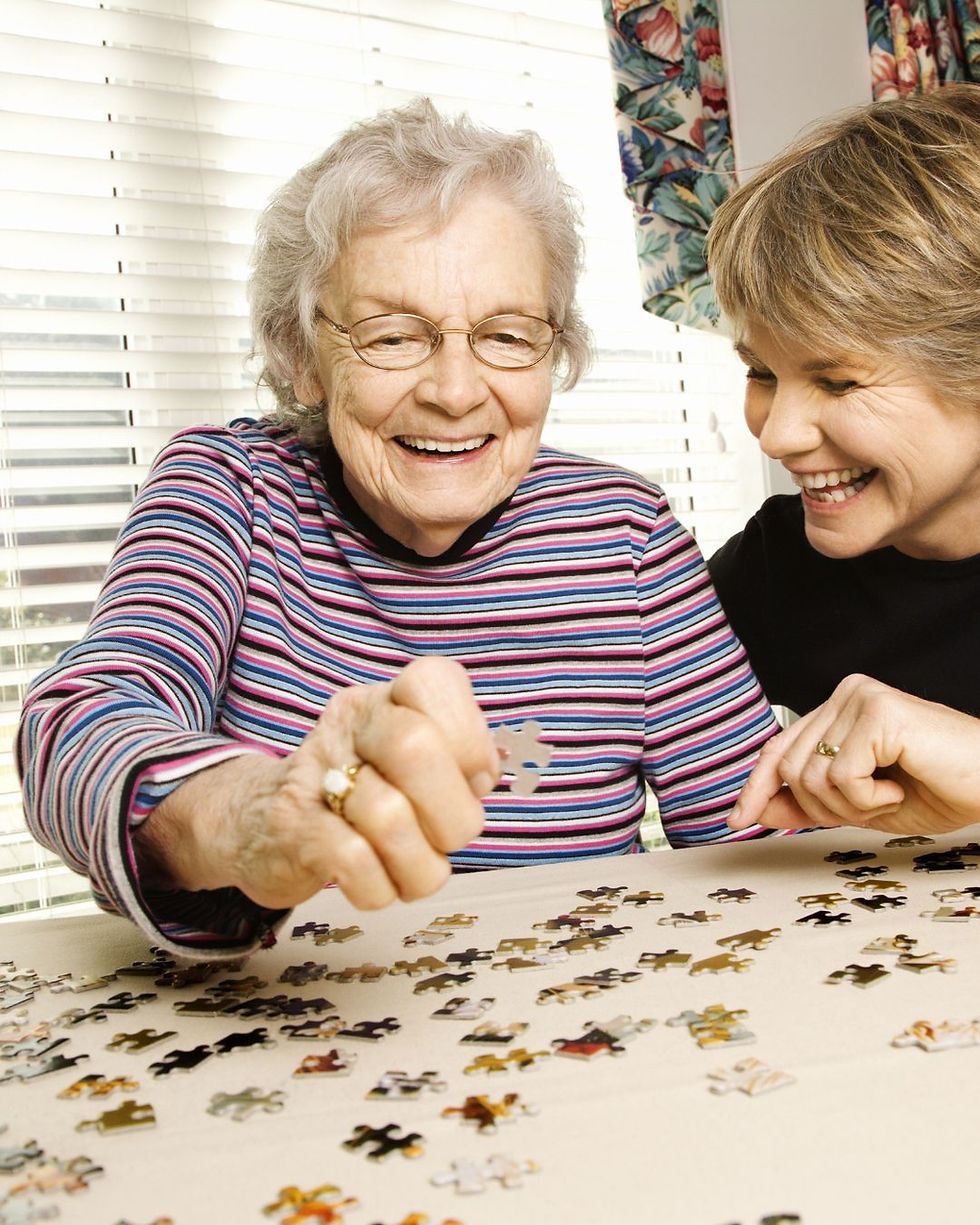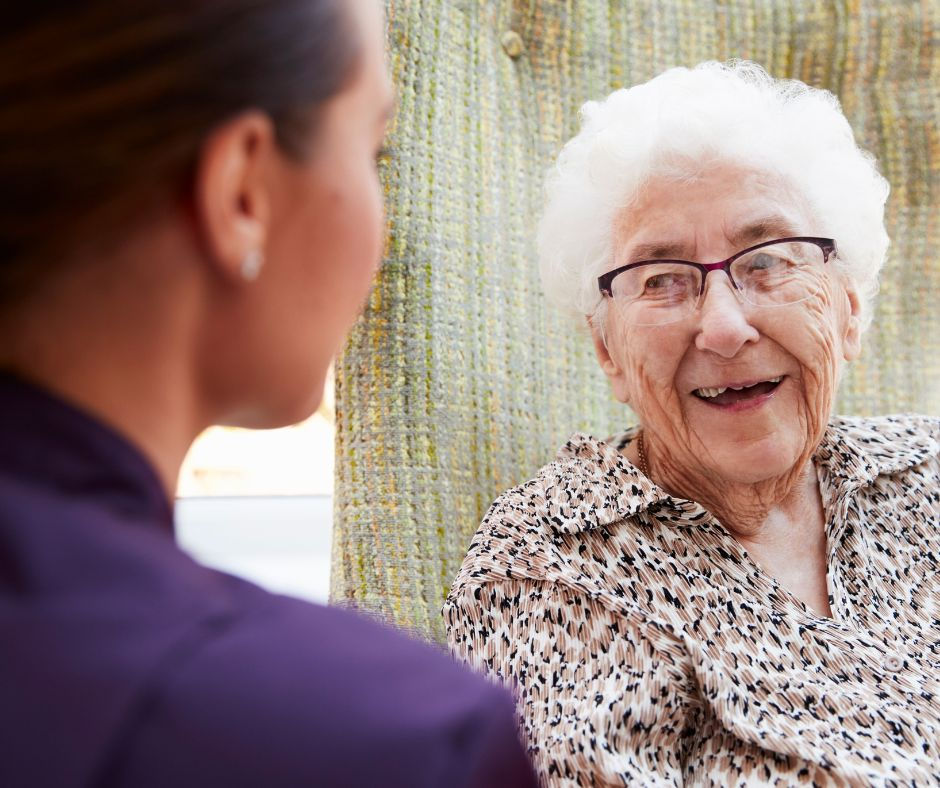Enhancing Emotional Wellbeing in Care Homes: A Guide for Activity Coordinators
- Bright Copper Kettles CIC

- Aug 21, 2025
- 4 min read
Updated: Nov 6, 2025
Activity coordinators in care homes witness every kind of day. Supporting emotional wellbeing is vital, whether residents are smiling and chatty or quiet and withdrawn. Meaningful care home activities can make a significant difference in their lives.
Building Genuine Connections with Care Home Residents
Emotional wellbeing starts with making people feel seen and valued. Taking time for regular one-to-one conversations really matters. Ask about their stories, their opinions, and their feelings. These moments, repeated consistently, build trust. Trust is the foundation for real connection.
It's often the small gestures that have the biggest impact. Remembering how they take their tea and reflecting this back to them as you make it shows you care. Asking after a grandchild’s visit demonstrates that you’re paying attention. Over time, these little details add up to something powerful: residents who feel truly known, not just 'looked after'.
Creating Opportunities for Emotional Expression
Providing activities in care homes isn't just about filling time. It's about giving residents a safe space to express themselves. This could be through painting, poetry, singing, or sharing memories in a small group. Not everyone will want to take centre stage, and that’s okay. We need to remind ourselves of that.
Make space for those who prefer to join in quietly while ensuring that others feel comfortable with their choice to sit and observe. The key is to create opportunities for all levels of involvement so that every resident feels respected and supported in how they choose to engage.
Fostering a Sense of Belonging and Purpose
A strong sense of belonging can transform how a resident feels about their day-to-day life. When someone feels they have a role to play, no matter how small, it boosts their confidence and emotional wellbeing. Look for ways to involve residents—helping to set up an activity, sharing a skill from their past, or leading part of a group project.
It’s often the simple things—seasonal traditions, shared meals, or collective reminiscence—that create those moments of real connection. These experiences remind residents that they matter and that they’re part of something bigger than themselves.
Nurturing the Good Days
When a resident is feeling emotionally well, take the opportunity to strengthen connections and build a bank of positive experiences.
Acknowledge the moment. “It’s lovely to see you looking so bright today.” This shows you’re paying attention.
Build on their energy. Invite them to lead or encourage others. Their enthusiasm can be contagious, drawing in residents who might otherwise sit out.
Learn from what’s working. Was it a visit from family? A walk in the garden? Their favourite breakfast? These clues can help you recreate elements of their good days when they’re feeling lower.
Offering Alternative Care Home Activities on Challenging Days
Even the most sociable resident will have moments when they withdraw. It might be due to fresh bad news, a resurfaced memory, or simply waking up in a low mood. These days are just as important to acknowledge as the brighter ones.
Notice the changes. A normally chatty resident sitting quietly in the corner. Someone declining an activity they usually love. A lack of eye contact or shorter answers than usual. These are signals that you can make a big difference if you respond with empathy.
Offer flexible options. A noisy group activity might feel overwhelming when emotions are fragile. Swap it for something gentler, like listening to music together, a puzzle in a quiet room, or a comforting cuppa.
Be present, without pressure. Your presence says more than your words. Sit with them. Let them lead the conversation—or the silence. Sometimes, the most valuable thing you can give is time and company without an agenda.
If they want to talk, listen without jumping in to fix the situation. If they’d rather have quiet companionship, respect that too. Your presence reassures them they’re not alone, even on the harder days.
Emotional wellbeing isn’t about eliminating the lows. It’s about recognising where someone is in that moment and offering the right kind of support. Often, it's about holding space for them to grieve—for loved ones, the life they've lived, and the freedom they once took for granted and now hold dear.
Activity coordinators and other staff members are well-positioned to support residents in these moments.
Practical Tips for Enhancing Emotional Wellbeing
1. Regular Check-Ins
Make it a habit to check in with residents regularly. This can be a simple “How are you today?” or a more in-depth conversation about their feelings. Regular check-ins help build trust and show that you care.
2. Encourage Storytelling
Create opportunities for residents to share their stories. This can be through group discussions or individual conversations. Storytelling fosters connection and allows residents to express their emotions.
3. Incorporate Music and Art
Music and art can be powerful tools for emotional expression. Consider hosting music sessions or art classes where residents can explore their creativity and share their feelings.
4. Celebrate Achievements
Recognise and celebrate residents' achievements, no matter how small. This could be completing a puzzle, participating in an activity, or simply sharing a laugh. Celebrating achievements boosts morale and fosters a sense of belonging.
5. Create a Comfortable Environment
Ensure that the environment is comfortable and welcoming. This includes having quiet spaces for reflection and social areas for group activities. A comfortable environment can significantly impact residents' emotional wellbeing.
If you’d like regular ideas and support with planning care home activities that truly nurture emotional wellbeing, sign up to my weekly newsletter. You’ll get fresh inspiration straight to your inbox.
If you're looking for more help with activity ideas and learning opportunities, the Activity Coordinators Toolbox™ is here to support, inspire, and simplify your work—because meaningful moments don’t plan themselves.








Comments